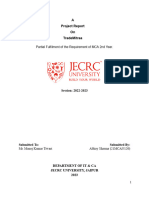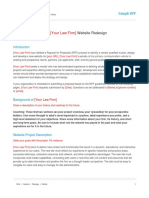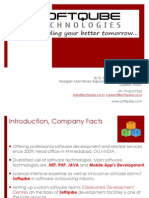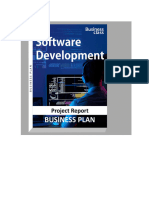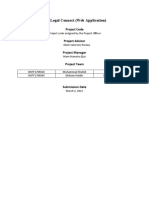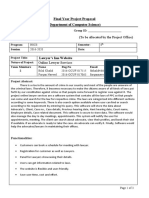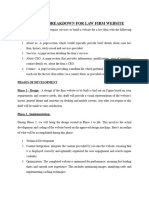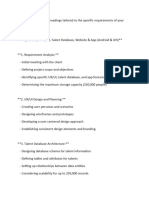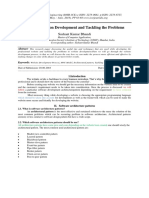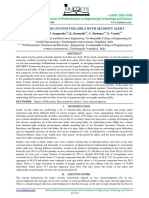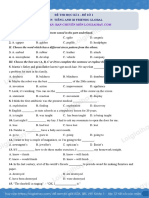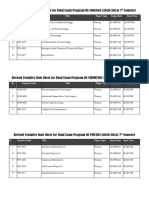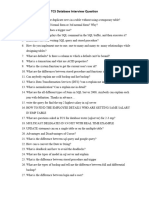0% found this document useful (0 votes)
17 views9 pagesSystem Analysis
LawRental is a no-code website builder designed specifically for lawyers, enabling them to create personalized websites without technical skills. The platform addresses challenges such as the difficulty for clients to find lawyers online and the high costs of traditional web agencies, offering features like appointment booking and document management. The project aims to enhance lawyers' digital presence while ensuring compliance with legal data protection laws and providing a user-friendly interface.
Uploaded by
assssembk1303Copyright
© © All Rights Reserved
We take content rights seriously. If you suspect this is your content, claim it here.
Available Formats
Download as PDF, TXT or read online on Scribd
0% found this document useful (0 votes)
17 views9 pagesSystem Analysis
LawRental is a no-code website builder designed specifically for lawyers, enabling them to create personalized websites without technical skills. The platform addresses challenges such as the difficulty for clients to find lawyers online and the high costs of traditional web agencies, offering features like appointment booking and document management. The project aims to enhance lawyers' digital presence while ensuring compliance with legal data protection laws and providing a user-friendly interface.
Uploaded by
assssembk1303Copyright
© © All Rights Reserved
We take content rights seriously. If you suspect this is your content, claim it here.
Available Formats
Download as PDF, TXT or read online on Scribd
/ 9






